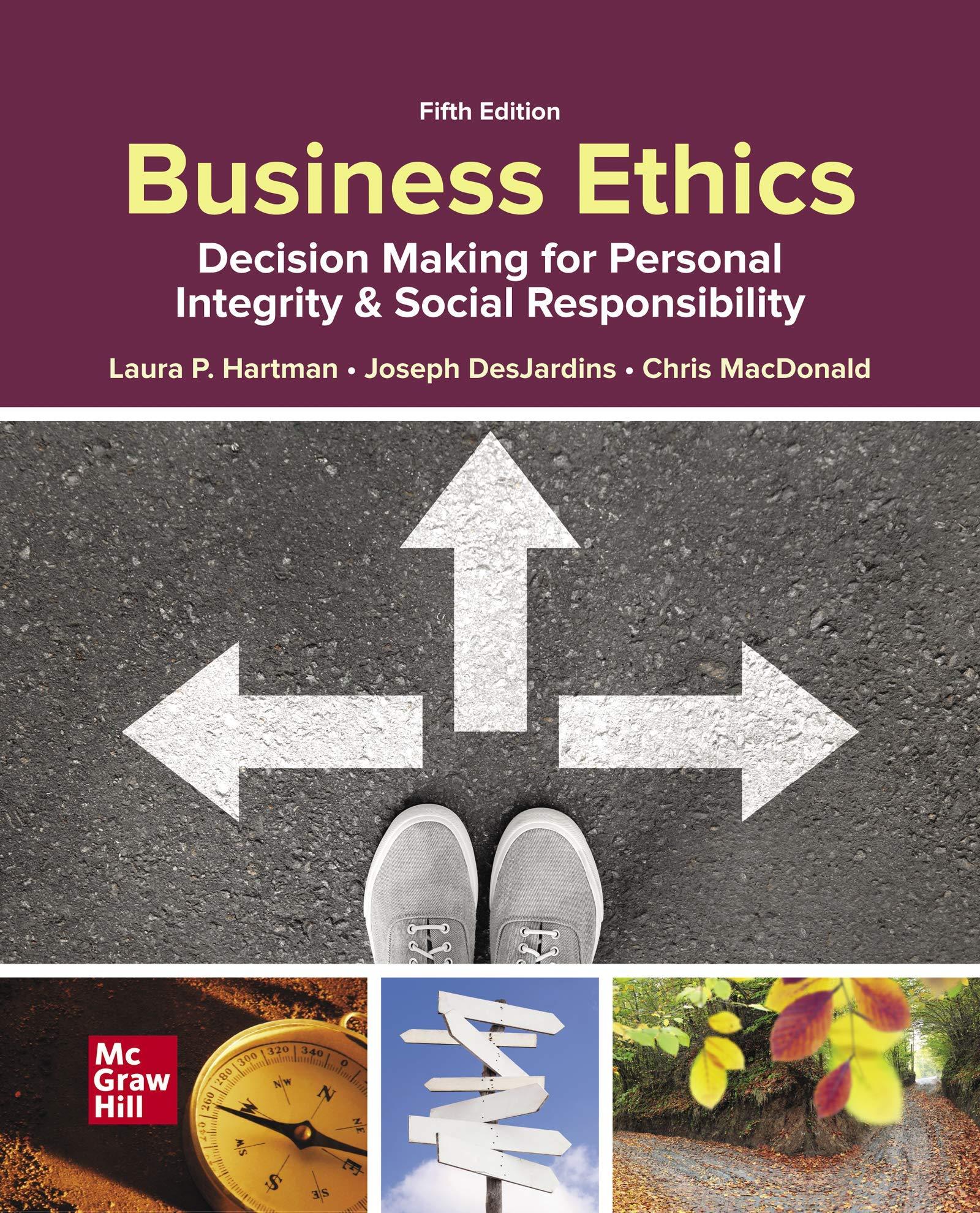How do you understand the difference between a fiduciary model and a transactional, consumerist model of the
Question:
How do you understand the difference between a fiduciary model and a transactional, consumerist model of the business–customer relationship? What reasons exist for the fiduciary model? Why would a financial or banking firm (or law firm, accounting firm, or hospital) not seek to make as much money as possible from its customers? Is there an ethical difference between the fiduciary and transactional models?In December 2013, the Los Angeles Times published the results of an ongoing investigation into Wells Fargo. The Times report described high-pressure sales practices that were aimed at marketing additional financial products to present customers, a practice known as cross-selling. The report told of Wells Fargo employees establishing new accounts in customers’ names without their consent or knowledge. The Times story included interviews with numerous branch managers from across the United States who described unreasonably high sales targets and quotas that encouraged such unethical practices. In response to this story, Wells Fargo claimed that it took all legal or ethical lapses seriously but denied any systemic wrongdoing. A spokesperson cited a new corporate Ethics Program Office that would oversee compliance with corporate ethical standards.
Step by Step Answer:

Business Ethics Decision Making For Personal Integrity And Social Responsibility
ISBN: 9781260260496
5th Edition
Authors: Laura Hartman, Joseph DesJardins, Chris MacDonald





